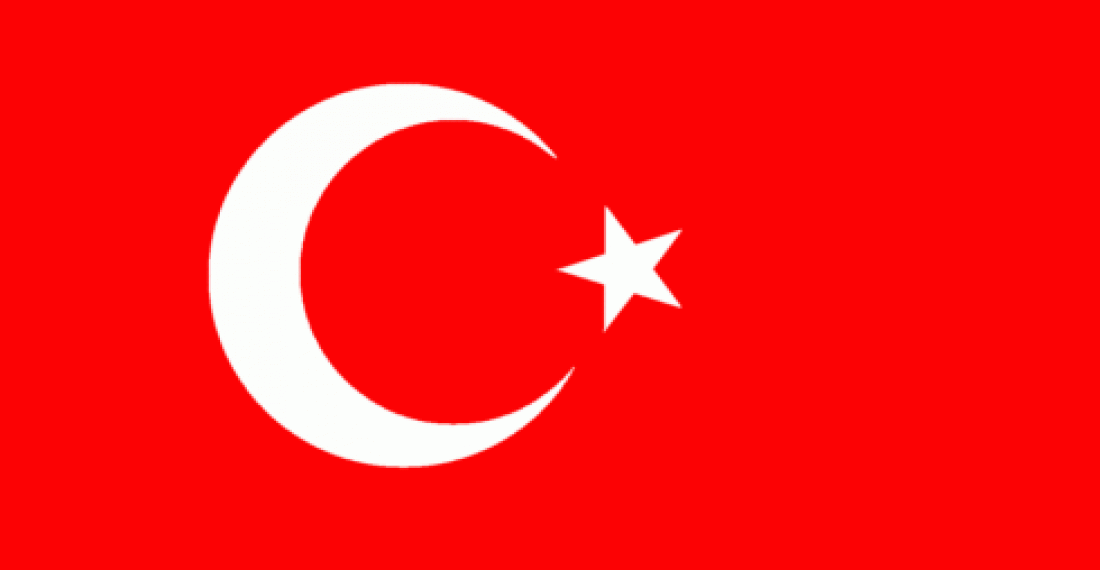Turkey vowed to take reprisals against France after the French Senate approved a bill making it a crime to deny that the massacre of Armenians in 1915 was genocide, further straining relations between Paris and Ankara and raising the prospect of a significant diplomatic rift between the two North Atlantic Treaty Organization allies, the Wall Street Journal writes from Paris.
The French Senate passed an unprecedented bill criminalizing the Armenian Genocide denial overnight.
Ankara reacted furiously when the lower house passed the bill last month, withdrawing its ambassador from Paris and freezing political and military relations.
The bill, which France's lower house of Parliament overwhelmingly approved in December, was passed Monday by a vote of 127 to 86. It will require President Nicolas Sarkozy's signature in the next 15 days in order to become law. The proposal is set to make the denial of genocide, crimes against humanity and war crimes that are recognized by French law punishable by up to a year in prison and a
45,000 EUR ($58,143) fine. The only two mass killings recognized by French law as genocide are the killing of Armenians during World War I and the Holocaust. Denying the Holocaust is already illegal in France.
The news fueled outrage in Turkey, which accused France of flouting international law and pledged to "take every step" to counter the "irresponsible" decision. "In case of the completion of the finalization process for the law, we will not hesitate to implement, as we deem appropriate, the measures that we have considered in advance," the Turkish foreign ministry said.
Similarly, AK Party Deputy Chairman Omer Celik said on Monday measures against France would be permanent, not temporary, if the bill passes, Zaman writes.
The sternest warning came from Foreign Minister Ahmet Davutoglu, who said the government was ready to take new measures if the bill passed. The foreign minister also decided to stay away from a
Brussels meeting on Syria with the EU foreign ministers on Monday, signaling that the dispute could spread beyond Paris to affect broader EU ties.
EU-candidate country Turkey can't impose economic sanctions on France, because of its membership in the World Trade Organization and customs-union agreement with Europe. But the row could cost France profitable bilateral business contracts and would fuel diplomatic tension as Turkey takes an increasingly influential role in the Middle East.
Turkey's Prime Minister Recep Tayyip Erdogan was set to address his ruling AK Party on Tuesday in Ankara, where he is expected to detail his government's response, Turkish television reported.
For its part Armenia praised the move, and Foreign Minister Edward Nalbandian made a statement stressing that the day would "be written in gold in the history of friendship between the Armenian and French peoples, but also in the annals of the history of the protection of human rights world-wide."
Turkey is furious and preparing new measures against France
Turkey is furious and preparing new measures against France







